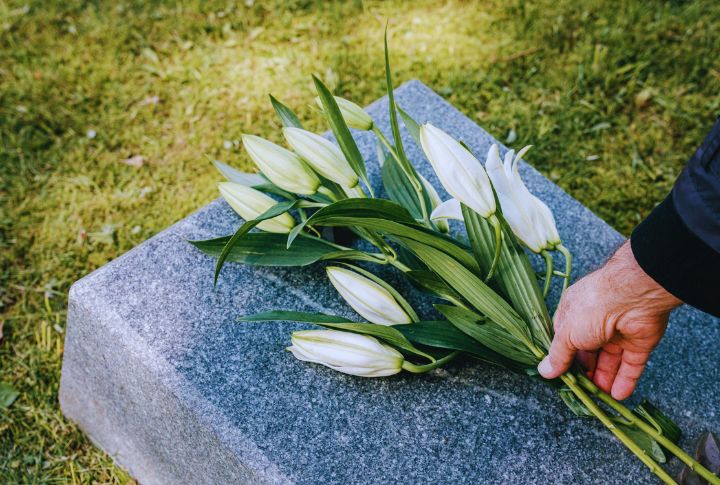
You’ve probably heard some strange things about death over the years, stuff passed around like truth at family dinners or whispered during awkward silences. The problem? A lot of it is just not true. These myths have persisted and misled for too long. Here’s what you actually need to know about what really happens when life ends.
Dying People Always See A Bright Light

Neurologically, the brain can fire off bursts of electrical activity as oxygen fades. That tunnel-of-light thing? It’s probably the visual cortex reacting to the chaos. Not everyone experiences it. Some see darkness, while others see calm. The bottom line is, don’t expect to see visual moments on your way out.
Hair And Nails Keep Growing

You are at a funeral when someone leans in and whispers that nails keep growing after one passes away. Sounds eerie, but it’s simply not true. What really happens is that the skin dehydrates and pulls back, making the nails and hair appear longer. Dead bodies don’t grow anything. They simply dry out.
Corpses Can Sit Up Or Groan In Coffins

If you have heard someone say that the dead groan, relax—it’s not a ghostly comeback. It’s just gas escaping through the vocal cords as a body breaks down. The so-called “sit-up” is caused by post-mortem stiffness or bloating. It’s backed by science, not supernatural stuff, as seen in horror movies.
Everyone Becomes Ghosts

Many cultures pass down stories about spirits lingering after passing, but that doesn’t make it a fact. The existence of ghosts lacks scientific support. Paranormal investigators have never produced measurable, reproducible proof. Still, over 40% of Americans say they believe in them.
Coffins Preserve Bodies Forever

Coffins don’t preserve bodies like people think. Once sealed, they trap moisture and gases, which can accelerate decay instead of slowing it down. In some cases, pressure builds in bizarre ways. It’s natural for bodies to break down, even in the most elaborate underground facilities.
People Can Choose The Moment They Die
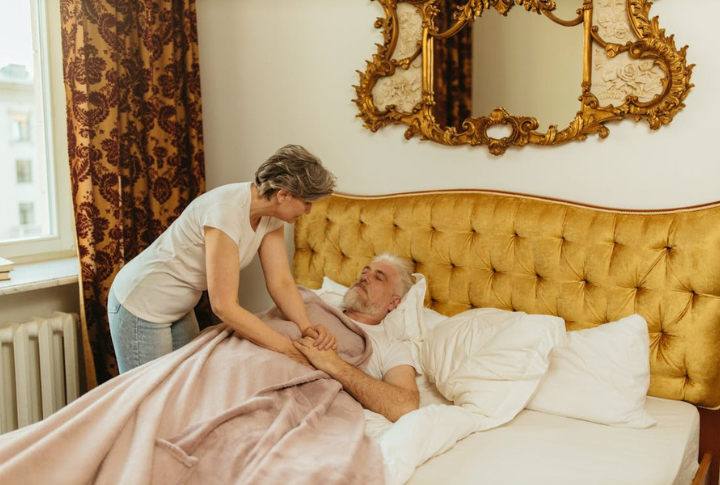
Hope is human. So is science. No one controls the exact hour of demise. Some appear to be waiting for a loved one. Others go suddenly, alone. Stories of waiting for loved ones comfort us, but biology determines the timing. These moments may feel meaningful, even if they’re not intentional.
You Die Instantly When Your Heart Stops

Death doesn’t happen the instant your heart stops. The brain can stay active for several minutes, which means there’s still time to help. This is why CPR and defibrillators are so important. Quick action can restart the heart and prevent brain damage. Every second counts in those moments.
Cremation Destroys The Soul
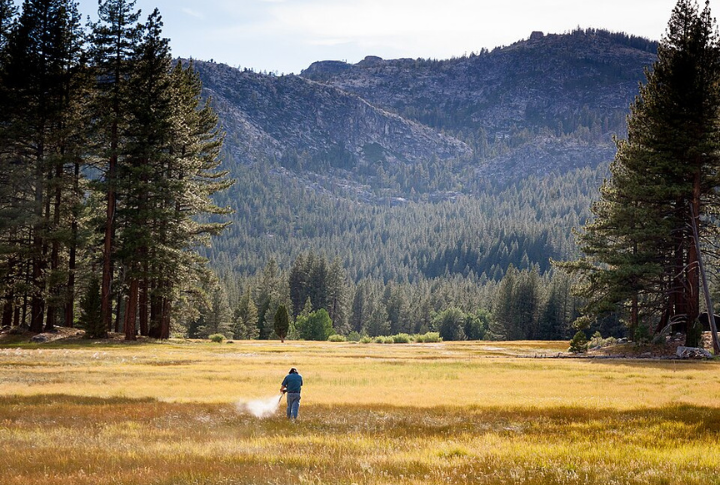
There’s no evidence that cremation affects the soul if it exists. Religions differ: Hinduism supports cremation, while some Christian traditions prefer burial. Spiritual views on passing are deeply personal and shaped by culture and tradition. Ultimately, respecting each person’s beliefs matters more than the method used to honor their passing.
Corpses Are Dangerous To Touch
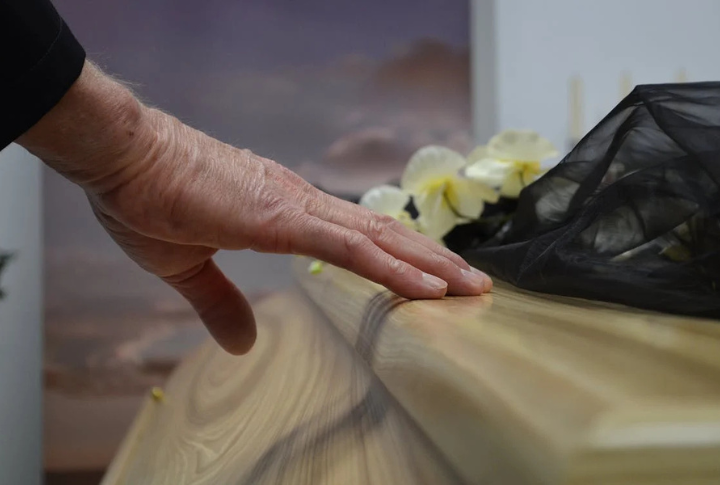
You can’t touch a corpse and catch a deadly disease. Unless you’re poking plague victims (which you shouldn’t) most of them aren’t biohazards. It’s a myth that Hollywood and zombie flicks love. Just wash your hands and maintain basic hygiene, whether you touched the one who passed away or not.
They Bleed If The Killer Is Nearby
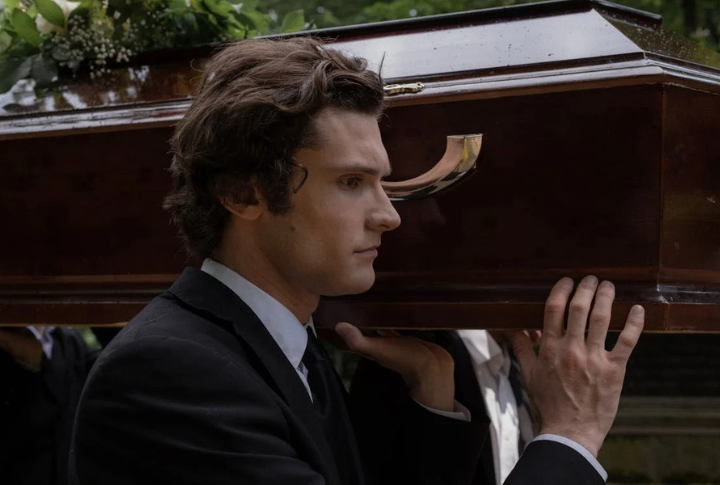
Shakespeare popularized the myth in Othello, where a corpse supposedly bled in the presence of guilt, sparking centuries of superstition. In reality, the deceased can’t react or sense emotion. Any post-mortem bleeding results from injury and body position, not guilt. Real answers come from forensic science, not folklore.

